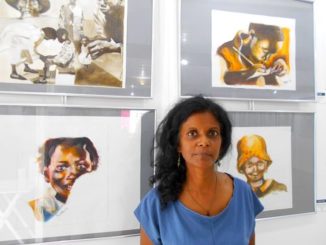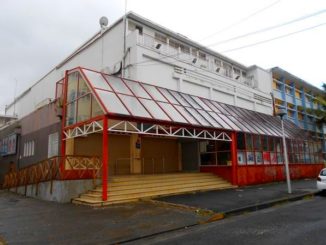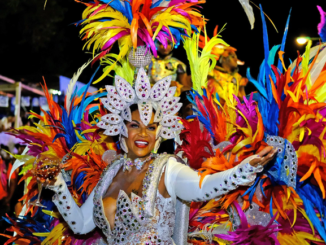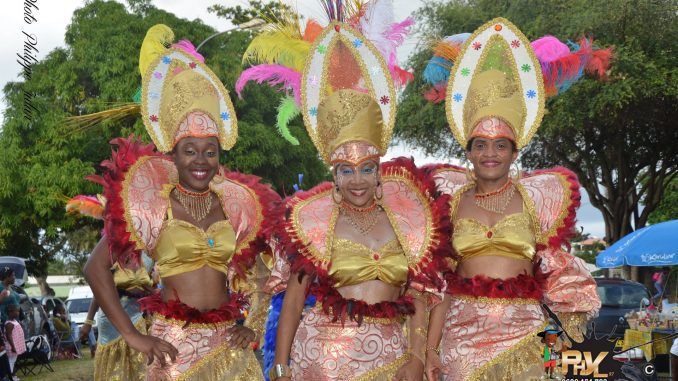
Guadeloupe Carnival has been structured, over the years. Each commune on the island has, now, one or several carnival bands. A calendar brings together all the parades. These carnival lovers who claim to be free pay with their own money costumes and decorations. Empediments for the complete integration of carnival in the guadeloupean economy exist.
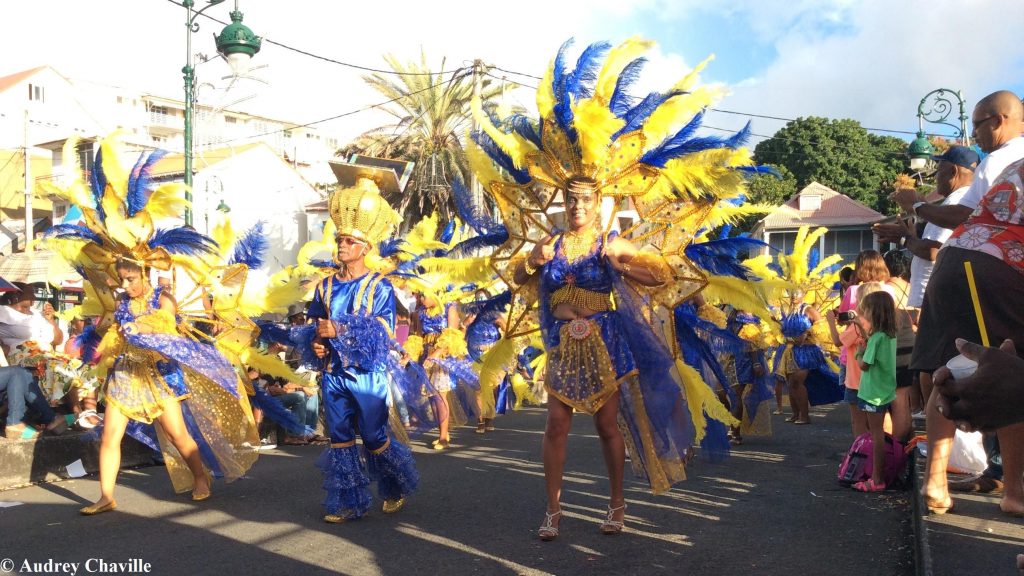
In the last few years, there is a harmonious relationship between the four umbrella organizations for to this popular event which is Carnival : “Federation of Carnival and Festivals of Guadeloupe” (FCFG), nicknamed “The Fédé” ; “Guadeloupean Federation of Carnival” (FGC) ; “Group for Culture and Carnival in Pointoise Region” (GCCRP ) ; “Koléktif Mas Kiltirel”.
There is no longer a sterile competition between these organizations and, today, a real program grouping all the carnival meetings in the Guadeloupean archipelago is presented to the public. The capital of Guadeloupe, Basse-Terre, and the city of Pointe-à-Pitre are not the only places where the parades take place. Furthermore, in recent years, almost all the municipalities in the Department have one or more carnival groups and now their opinions count in the organization and the conduct of carnival.
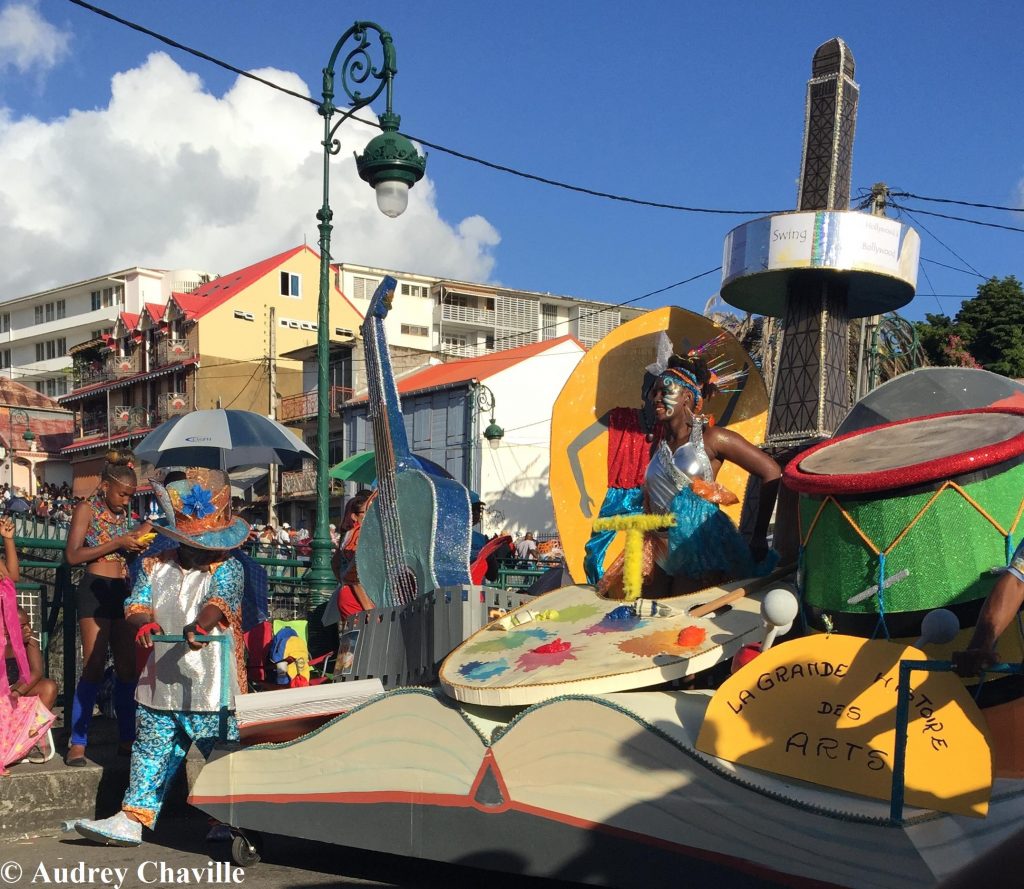
For the love of carnival
Although the highlights of carnival are the “Dimanche Gras parade” in Pointe-à-Pitre and the “Shrove Tuesday parade” in Basse-Terre, carnival is decentralized with very important shows in other towns so, in conclusion, appointments that are not to be missed.
Each year, the public is amazed by the talent, the prowess, the imagination shown by the carnival lovers to make their various costumes and their decors or to compose their musics and their choreographies. But, these people do not get paid to produce such a show. On the contrary, the money comes out their pockets to buy all required materials for the carnival season. In other words, the carnival lovers pay to be admired and encouraged by the public.

For a free carnival
If some political and economic leaders see in carnival work reinsertion projects and sources of employment, now they will have to find the right way so that this professionalization is accepted by the carnival lovers. They will have to persuade these men and women that tourism is a major economic sector and that the territory need to be attractive…also with carnival. They will have to persuade them that the millions of currencies that can reap this tradition will not end up in the pockets of “big capitalists” or “people from elsewhere who do not care about the Guadeloupeans”, as some recalcitrant people say.
This will not be easy because the carnival lovers advocate, above all, their freedom to be men and women after slavery, their freedom of thought, of creation, of claiming, of making fun and of parading.

